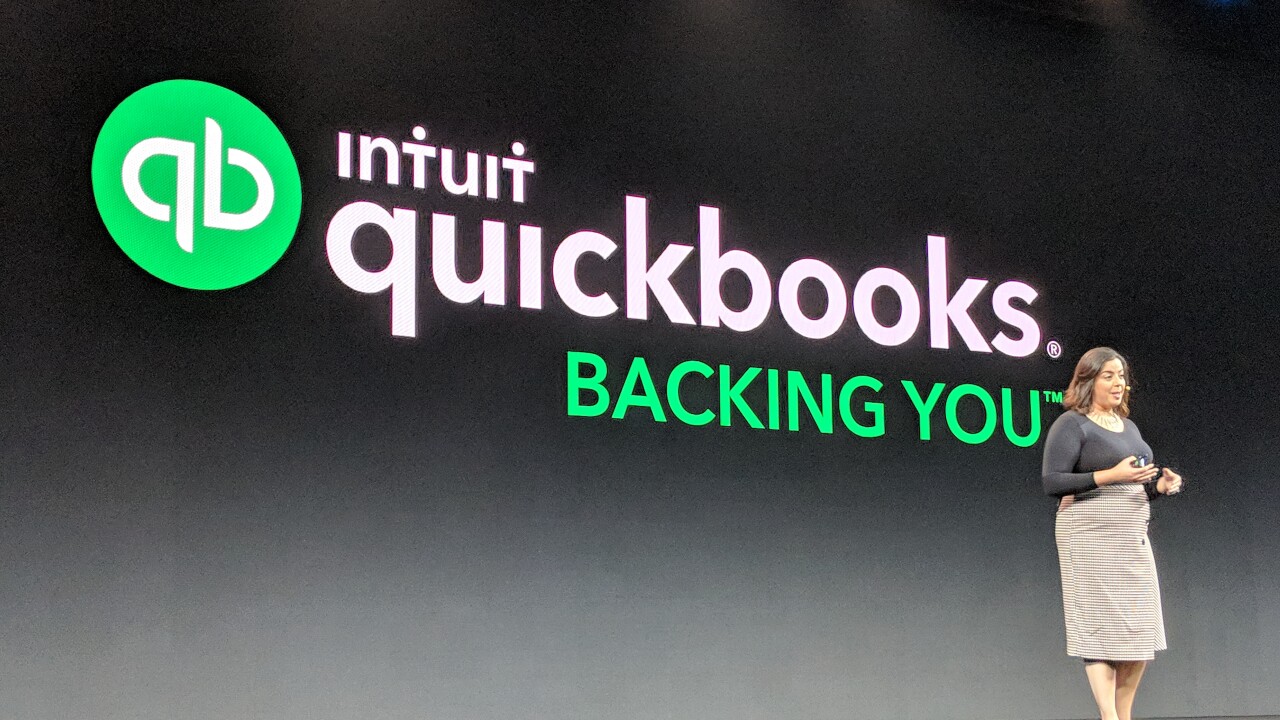IMGCAP(1)]Finding and retaining top talent is challenging for employers across every industry, including the accounting profession.
Initiatives directed at cutting costs and operating leaner than ever before can further exacerbate the issue as employees feel the pain when workloads increase due to seasonal trends, tax obligations, special projects, compliance requirements, M&A, etc. For CPAs and other accounting professionals, “busy seasons” often require them to pull very long hours on a sustained basis, creating added stress, lack of sleep, reduced work quality and a host of other negative repercussions.
What can employers do to reduce the burnout but still operate efficiently? It’s time to consider temporary staff. Contrary to the negative stereotypes often associated with temporary employees, they offer numerous benefits to both full-time employees and their employers:
1. Help companies retain their top talent. Overworked employees often quit, and the most talented people typically leave first. By hiring temporary workers, employers can keep work hours for their full-time staff reasonable and maintain positive employee morale by demonstrating that they care about staff well-being.
As an example, I have placed temporary CPAs in a real estate company during multiple busy seasons, typically increasing the size of their team by 25 percent. Although many tax and accounting professionals view long hours during busy season as a rite of passage, these temporary workers took on the majority of the more tedious work and prevented the top-performing staff from burning out and jumping ship.
2. Reduce turnover costs. According to the Center for American Progress, the typical cost of turnover was 21 percent of an employee’s annual salary. Interim employees can prevent bad hiring decisions in some instances, as they enable companies to go beyond the resume and extensively “test drive” an employee before they officially commit. This resembles the process of bringing in an intern for a three-month period before making a decision about whether or not to hire him or her. It’s a two way-street. Both parties need to make sure it’s a good fit before moving forward with a long-term relationship.
In addition, since temporary employees do not require employment contracts, employers can dismiss poor performers without any delay while avoiding the HR costs associated with hiring, onboarding, training, compensating (with benefits) and then firing a full-time employee.
I recently worked with a manufacturing company that couldn’t find the right talent to help optimize its accounting and financial needs. By hiring interim employees, the company quickly saw which of these workers had the necessary focus, drive and specialized skill set. It ultimately found the right candidates for full-time employment.
3. Always bring their A+ game. Contrary to popular belief, many temporary workers possess the same caliber of work ethic—if not higher—as their full-time counterparts, and they aim to impress on multiple levels. Since temporary employees typically only focus on one or two projects at a particular company, they can be extremely efficient, focused and highly effective. They also only have one shot and a limited timeframe to make a lasting impression, so they put everything on the table and don’t hold back.
4. Offer a fresh perspective. Every new employee provides an employer with a unique set of skills, perspectives and diverse experiences. Since temporary employees aren’t yet immersed in a company’s culture, structure and line of thinking, they have an opportunity to share best practices from other organizations, along with new ways of analyzing problems and identifying potential solutions.
As we transition to an era where work-life balance becomes a top priority, employees refuse to let their jobs and companies own their lives. When this occurs—often during busy periods—their loyalty to the company wanes, and many look to make a move. Temporary staff can help stem this dissatisfaction and enable companies to keep their best and brightest. They also have the power to drive efficiency and innovative thinking, which can ultimately spur long-term growth and profitability.
Sean Hastings leads





